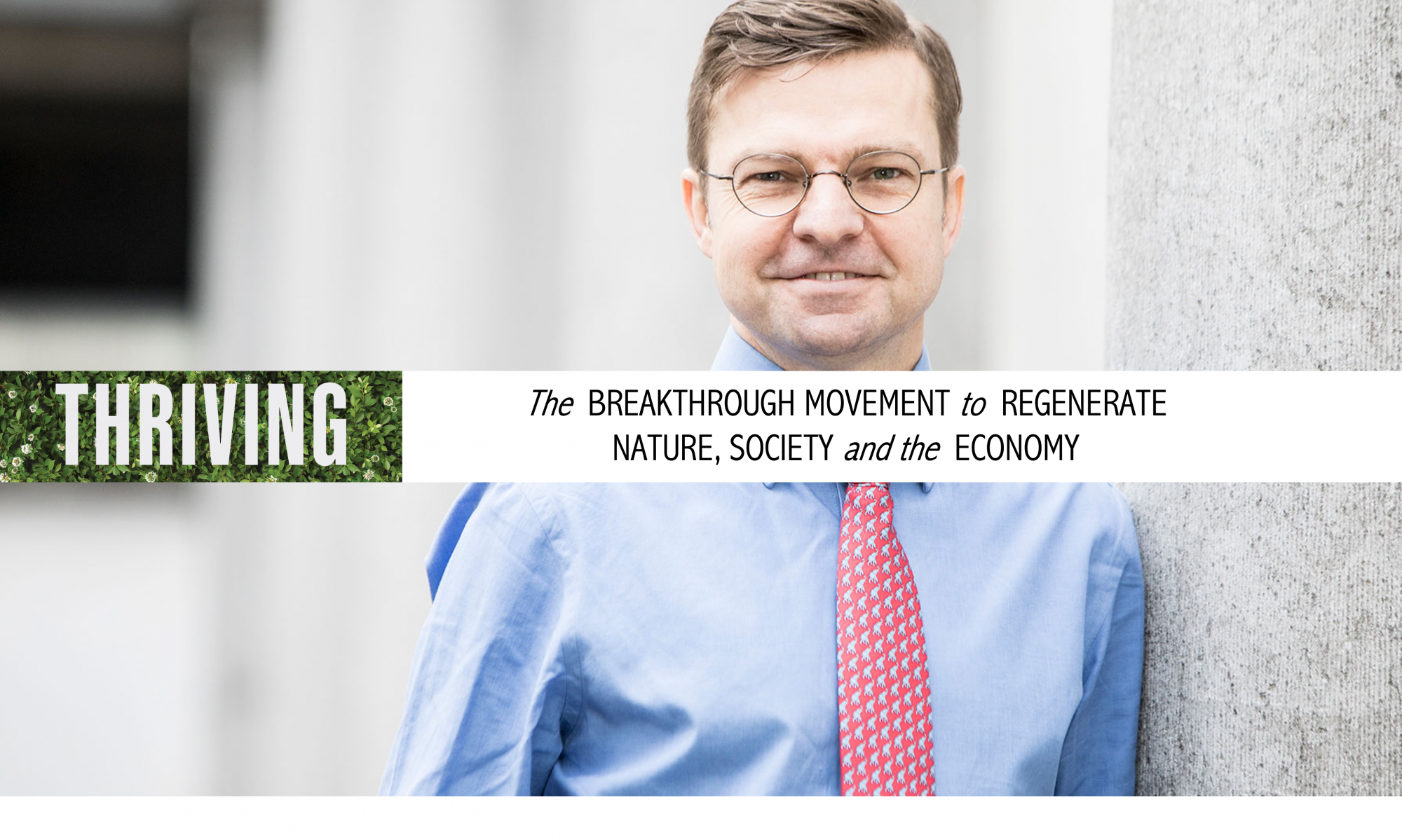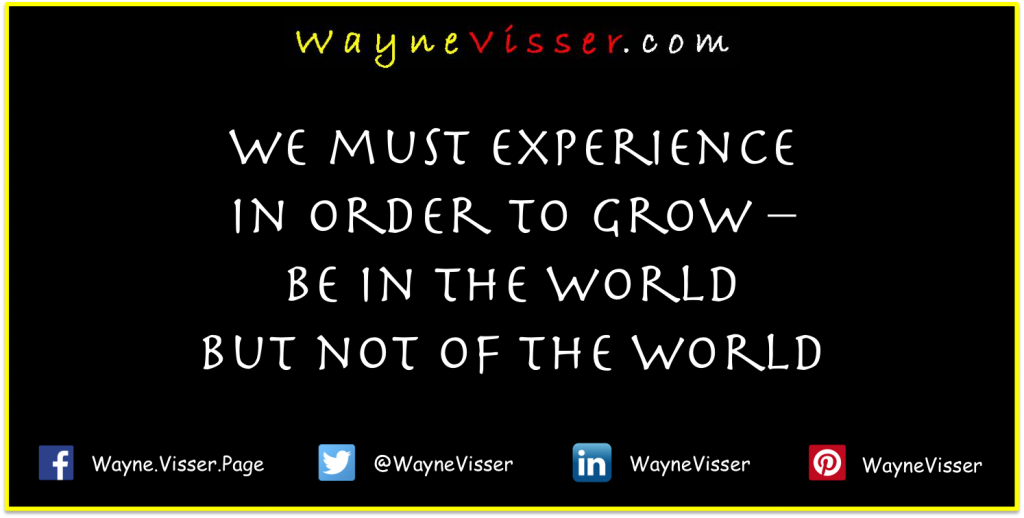26 April 1992
Started work with Royal Bank, Kingston; to be trained as Customer Service Representative, and assistant to Randy Hansuld, Area Manager for Kingston.
18 May 1992
Greetings from a spring-blessed Kingston, Canada. That’s right, we have sunshine, greening trees, and blossoming flowers (tulips and daffodils)!
Work is also looking positive. I’ve been with the Royal Bank for 3 weeks now, and getting to know the ropes has been quite a challenge. I’m basically starting out as a teller and working around from there. The people there are also very nice. Other good news is that Kingston has Unitarians! … Basically, they operate more as a contact group than a church. They don’t have a minister, only a “hired” chaplain who conducts weddings, etc., and so, instead, they have subcommittees who contribute in various ways to running the group. The community itself has about 100 people who regularly attend meetings and they range across the whole spectrum.
Kingston is very much a university town, similar in many ways to Stellenbosch – it also has the historical buildings (since it used to be the capital of Canada) and the tourism element. Anyway, since I’m just 5 minutes walk from the university, I’ve had a chance to peek in at their library, and it’s great! They have on-line access throughout the States, Canada and the UK! So, needless to say, I hope to do some preliminary work on my Masters thesis. …
I’ve only been here a month and I’ve already started up a library of my own (bookshops are definitely a weakness of mine!) Amongst others, I bought Leo Buscaglias book Love – I really enjoyed what he had to say – such common sense things, but most of us are too afraid to be honest with ourselves and others. Another which I think you should look out for if you don’t have it already is Pragmagic by Marilyn Ferguson (based on the findings of the Brain/Mind Bulletin over the last 10 years). Here are some extracts:
The practice of pragmagic is a kind of alchemy. The ancient alchemical quest was, of course, the transmutation of matter, the making of gold out of baser elements. But the alchemists were not motivated by greed. Quite to the contrary. This quest was symbolic, a metaphor for a deeper quest – the transmutation of the self into a new, golden kind of human. Where do we begin our contemporary alchemical quest? How do we discover magic in everyday life and learn to use it? Magic starts with a state of mind, a way of thinking. Before the practical tools and techniques can be of use, we each have to discover the internal sources of our own stories.
More news. I’ve decided to forfeit attending the Global Forum in Rio in June, even though I had been selected as a delegate and the Royal Bank was prepared to give me time off to attend it. I guess it’s just a case of personal priorities at this time, so I have no regrets; there will be more appropriately timed opportunities to come.
12 July 1992
Greetings once again from the Land of the Maple Leaf!
Well, I’ve been in Canada 11 weeks now and it’s been what I’m going to call a mixed experience. On the one hand, working in a foreign country, learning new things and meeting new people has been great. On the other hand, being away from home has been extremely unsettling for me. Suddenly, everything familiar is no longer there and you’re all on your own. …
Part of my experience has been that time alone has afforded me plenty of opportunity to get myself into contemplative knots regarding what should be the next step in my career path. My basic dilemma is that I know where I want to be, but I’m not quite so sure how to go about getting there. That is, I know that I want to end up writing, teaching and perhaps consulting on the “new age” (for want of a better label) business paradigm; but I’m not quite sure how to get started. Do I continue along an academic line (Masters and PhD) or do I opt for securing more work experience first? Then of course military service (which I don’t plan to make part of my life experience) and the general questions about South Africa’s future have to be figured into the decision as well. But enough about my deliberations – I’m sure life will reveal the way as I go along. …
Canada, in many ways, faces similar challenges and shares similar experiences to SA. Both have colonial histories which include disgraceful treatment of their natives; both are countries of immensely diverse cultures and backgrounds; both are in the process of building a nation (beginning with a negotiated constitution) in the face of minorities who wish to remain separate. The only difference seems to be that Canada is a lot more optimistic and positive about their process. Take culture for instance. A lot is being done here to promote the idea that diversity is strength and is something to be proud of rather than obliterated or scorned upon. We certainly could use a bit of that kind of attitude in SA at the moment. We need so much to regain our sense of self, and as a result our pride and dignity as people and as a nation. I guess where there is life there is hope … and lots of hard work to do.
A book I recently discovered is called Meditations on Business: Why Business as Usual Won’t Work Anymore by John Dalla Costa is truly inspirational. In fact, it’s everything I’ve been thinking over the past few years about the future course of business, and more. Its basic message is that the time has come for business to recognise its interconnectedness with the wider dimensions of nature and society. As such, it needs to take responsibility for its impact on the environment and on the lives of the human beings it affects. In essence, it needs to develop a firmer grounding in spiritual values. … I can’t tell you what a find this is for me! It’s the first book of its kind which directly addresses the new paradigm of my dreams and intended research. And it doesn’t end there. By synchronicity, the author is a CEO of a Canadian ad agency, and I’ve managed to contact him and arrange to meet him in Toronto in 2 weeks for lunch. I’m so excited!
25 July 1992
I found John Dalla Costa to be friendly, interesting and approachable; I felt quite “at home”, relaxed and treated with respect during our entire meeting. The most important ideas to emerge from our discussion were: 1) follow your heart, 2) don’t be in a hurry to settle into a career; enjoy opportunities to travel while you can, 3) work experience is advisable; it gives one credibility in both the academic and business communities, 4) writing is hard work and difficult to make a living out of, 5) try to infiltrate rather than confront the business community; hence, be cautious in the use of “new age” concepts and terminology. John was especially interested in my ideas on Parables for Business and Business Alchemy as the basis for books, and saw potential in the Business for a Better World journal.










